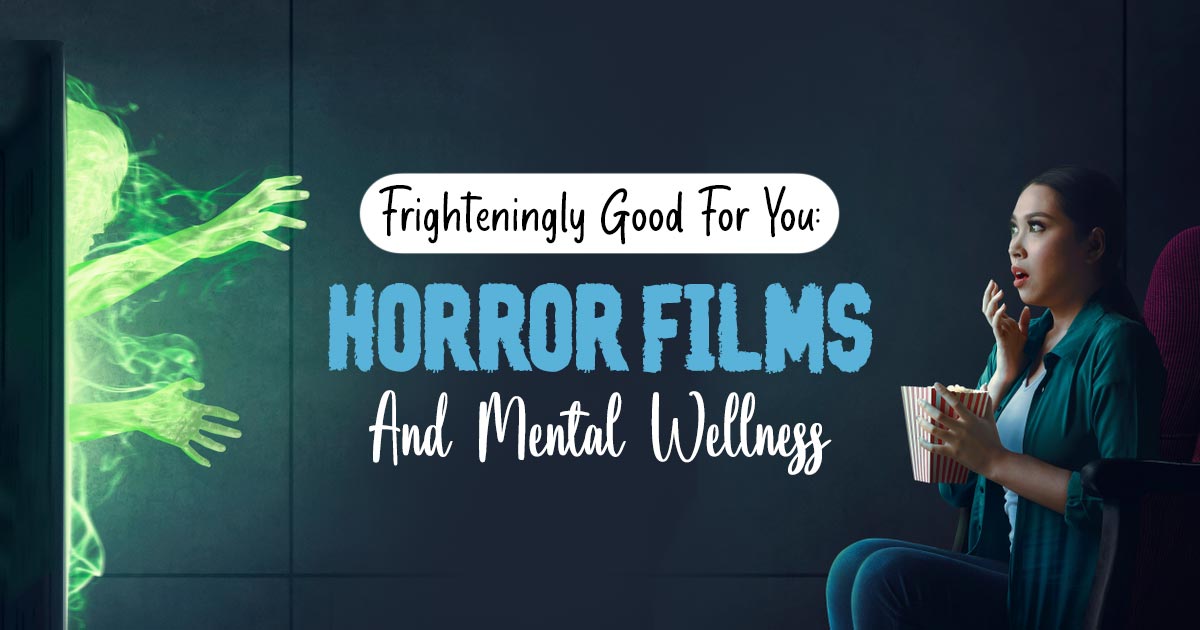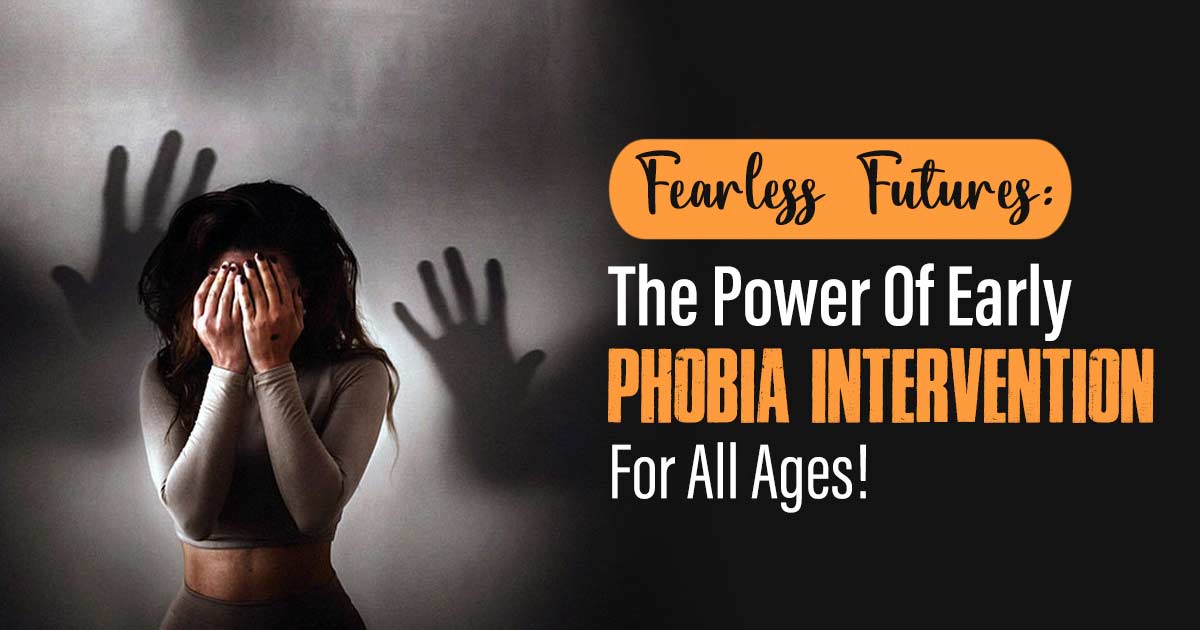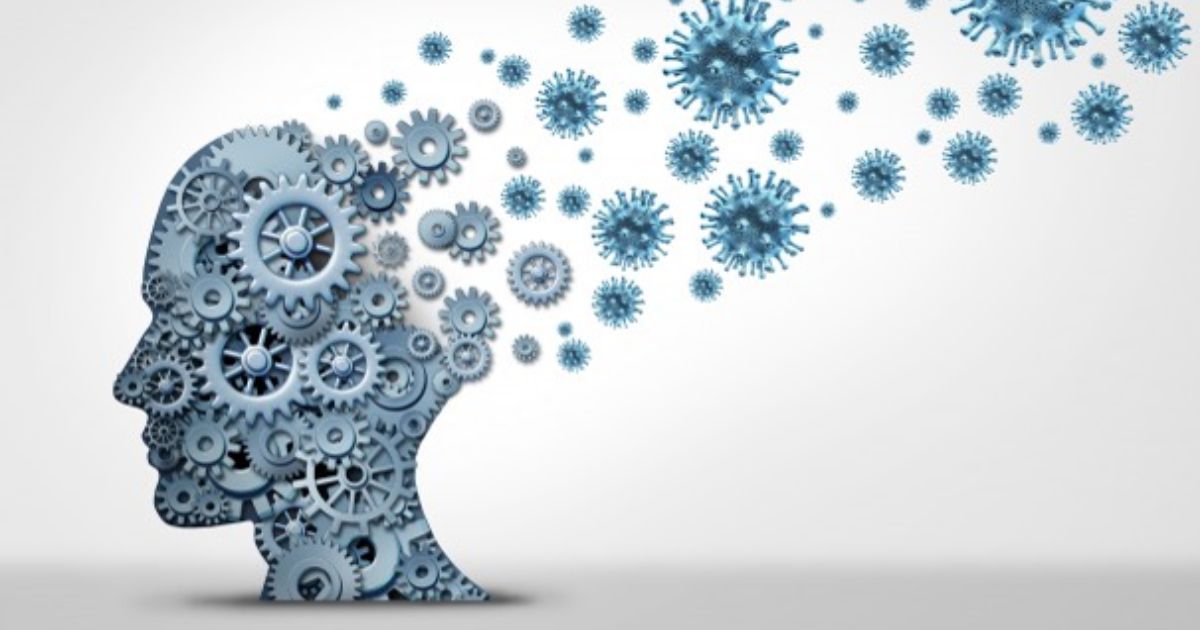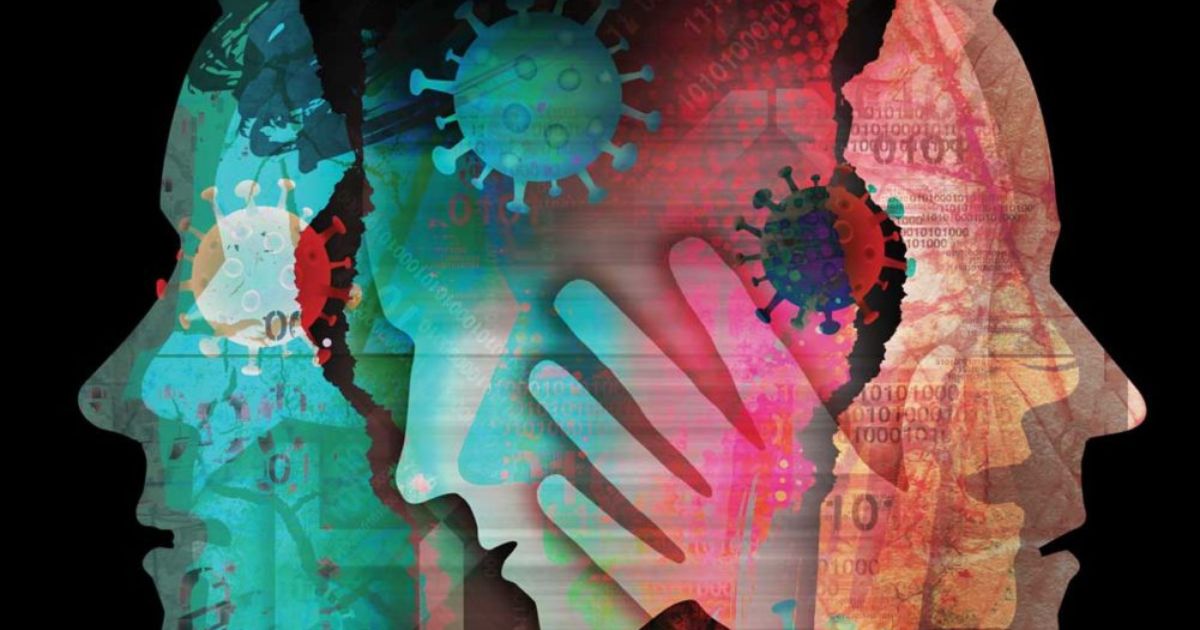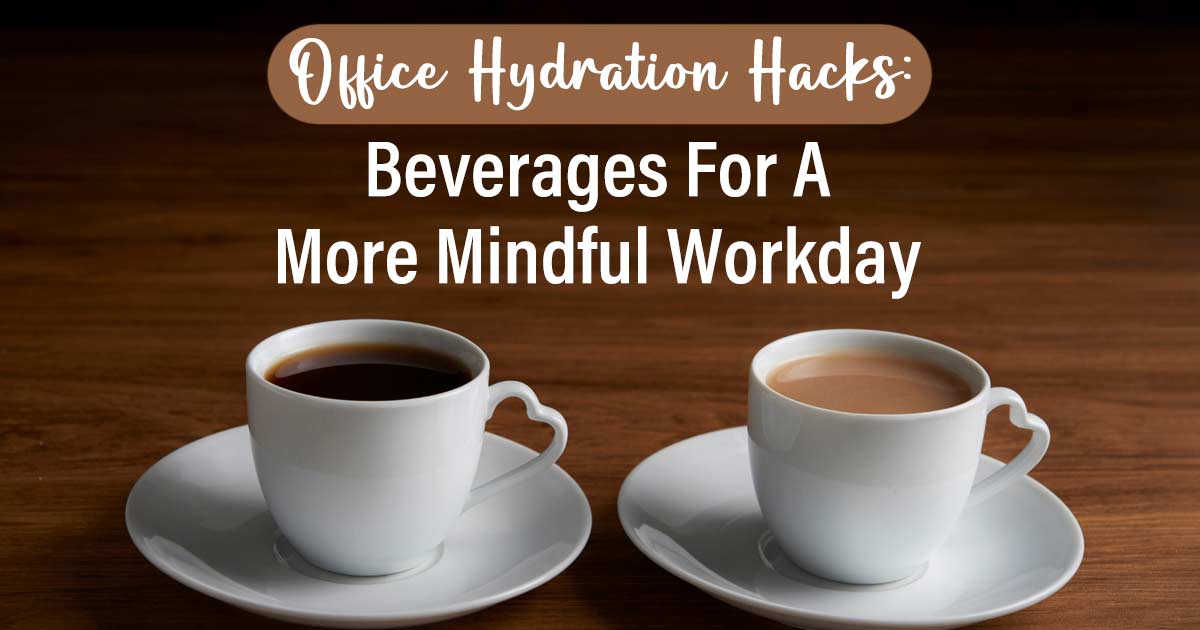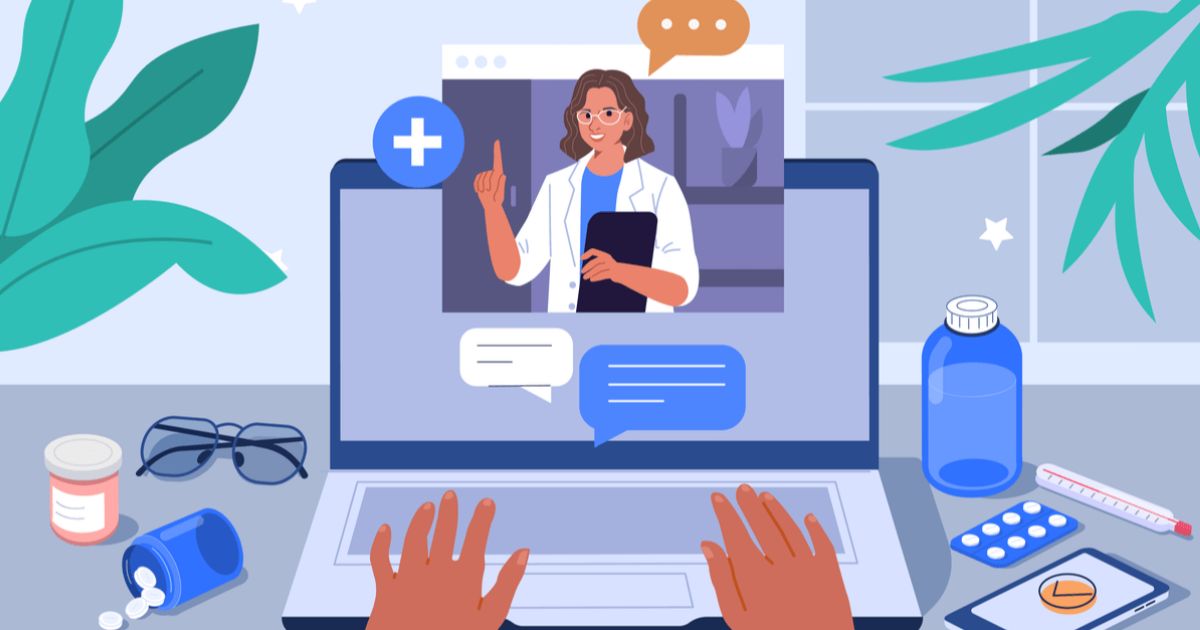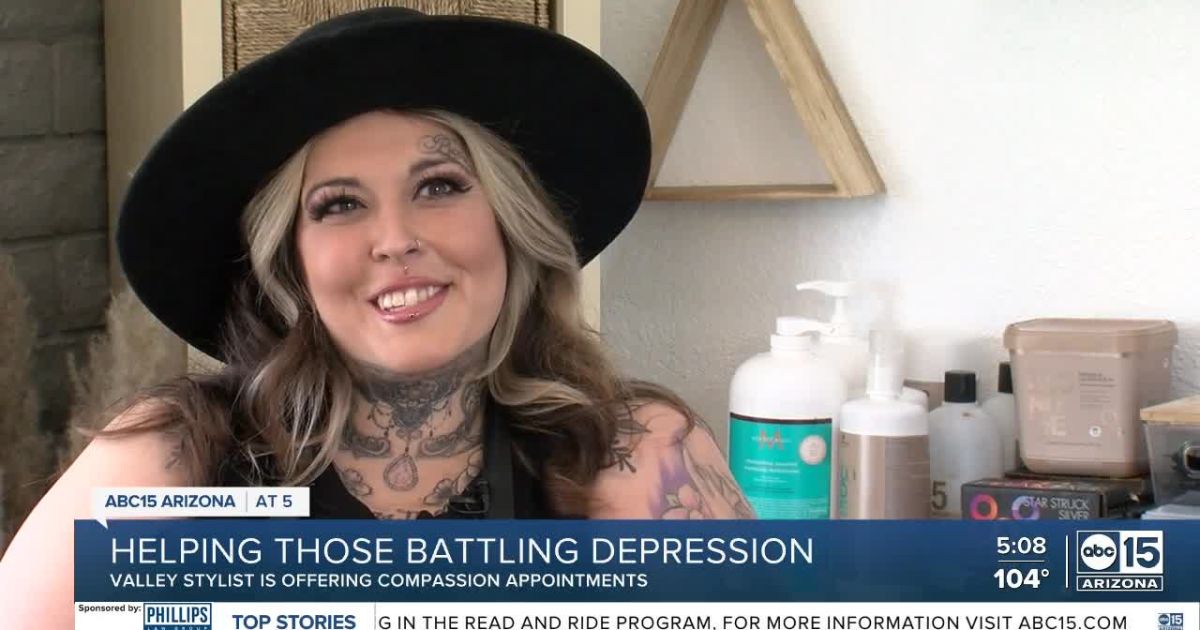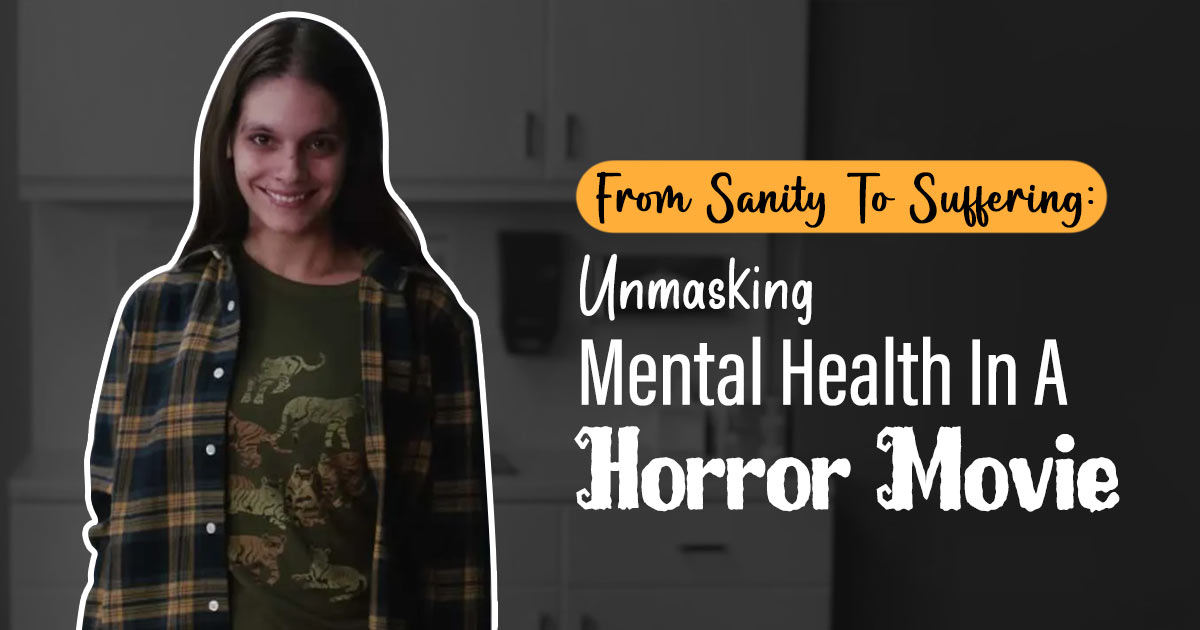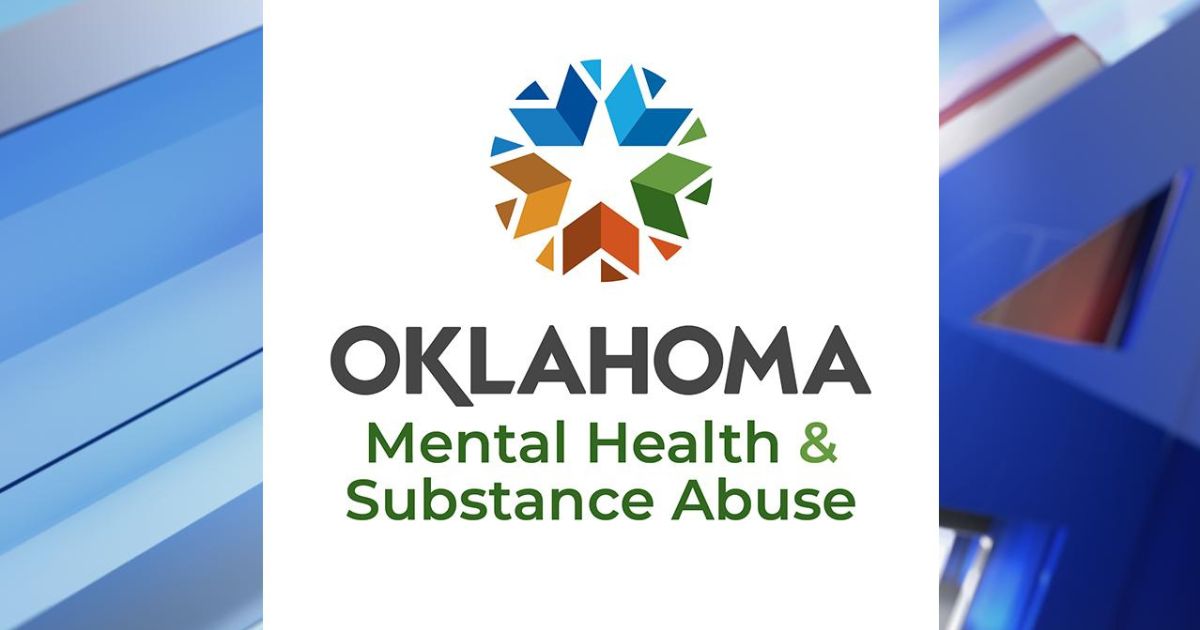Horror movies, with their spine-tingling suspense, supernatural elements, and blood-curdling scares, have been a source of fascination and fear for audiences around the world for decades. While the primary aim of horror films is to entertain and evoke fear, research has also confirmed the mental health benefits of horror movies.
1. Stress Relief And Escapism
One of the most significant mental health benefits of horror movies is stress relief and escapism. Life is filled with stressors, and people often seek out forms of entertainment that allow them to escape from their daily worries and anxieties. Horror movies provide a unique avenue for this, as they transport viewers to a world of suspense and fear, creating a sense of distance from real-life concerns. The experience of fear, when controlled and temporary, can be exhilarating and even stress-reducing.
When watching a horror film, the brain releases endorphins and adrenaline, which can trigger a “fight or flight” response. This response can be accompanied by a rush of excitement, making the viewer feel more alive and awake. After the film ends, there is often a sense of relief, and the viewer may find that their everyday stressors feel less overwhelming in comparison to the fictional horrors they witnessed.
2. Catharsis And Emotional Release
Horror movies offer a unique form of catharsis, which is the process of releasing and purging repressed emotions. As viewers watch terrifying events unfold on the screen, they experience a range of emotions, including fear, anxiety, and even disgust. These emotional responses allow them to confront their fears in a controlled and safe environment. The act of confronting fear, even in a fictional setting, can be a therapeutic way to process and release pent-up emotions.
Moreover, horror movies often explore themes related to death, the afterlife, and the supernatural, which can provide a framework for contemplating existential questions. This contemplation can lead to a deeper understanding of one’s own fears and anxieties, ultimately fostering emotional growth and self-awareness.
3. Building Resilience And Coping Skills
Another of the important mental health benefits of horror movies is the potential to build resilience and coping skills. While watching horror films, individuals are exposed to challenging and distressing situations, often involving life-or-death scenarios, violence, or supernatural forces. As viewers engage with these scenarios, they can learn to confront their fears and anxieties in a safe and controlled setting.
Exposure to fear-inducing stimuli in a controlled environment can help individuals become desensitized to real-life stressors. They may develop improved emotional regulation and coping skills, which can be beneficial in dealing with anxiety, phobias, and trauma in their own lives. This process of building resilience is often referred to as “stress inoculation,” where individuals become better equipped to handle challenging situations through controlled exposure to stressors.
4. Enhanced Psychological Well-being
Horror movies can also contribute to enhanced psychological well-being by promoting a sense of excitement and curiosity. The suspense and fear generated by horror films can be exhilarating, triggering the release of neurotransmitters like dopamine, which are associated with pleasure and reward. This rush of positive emotions can lead to an improved mood, heightened alertness, and increased mental acuity.
Furthermore, the excitement generated by horror movies can foster a sense of shared experience when viewed with others, such as friends or family. The social aspect of watching horror films together can strengthen relationships, create bonds, and contribute to a sense of community and belonging, all of which have a positive impact on mental health.
Horror movies, with their ability to evoke fear and anxiety, offer unexpected and valuable mental health benefits. They provide a form of stress relief, allowing viewers to temporarily escape from real-life worries. However, it’s crucial to recognize that not everyone will experience these benefits in the same way, and some individuals may find horror movies distressing or harmful.
Ultimately, the key to reaping the mental health benefits of horror movies lies in moderation, self-awareness, and a thoughtful selection of films. By approaching the genre with a discerning eye, viewers can tap into the therapeutic potential of horror while safeguarding their emotional well-being.

